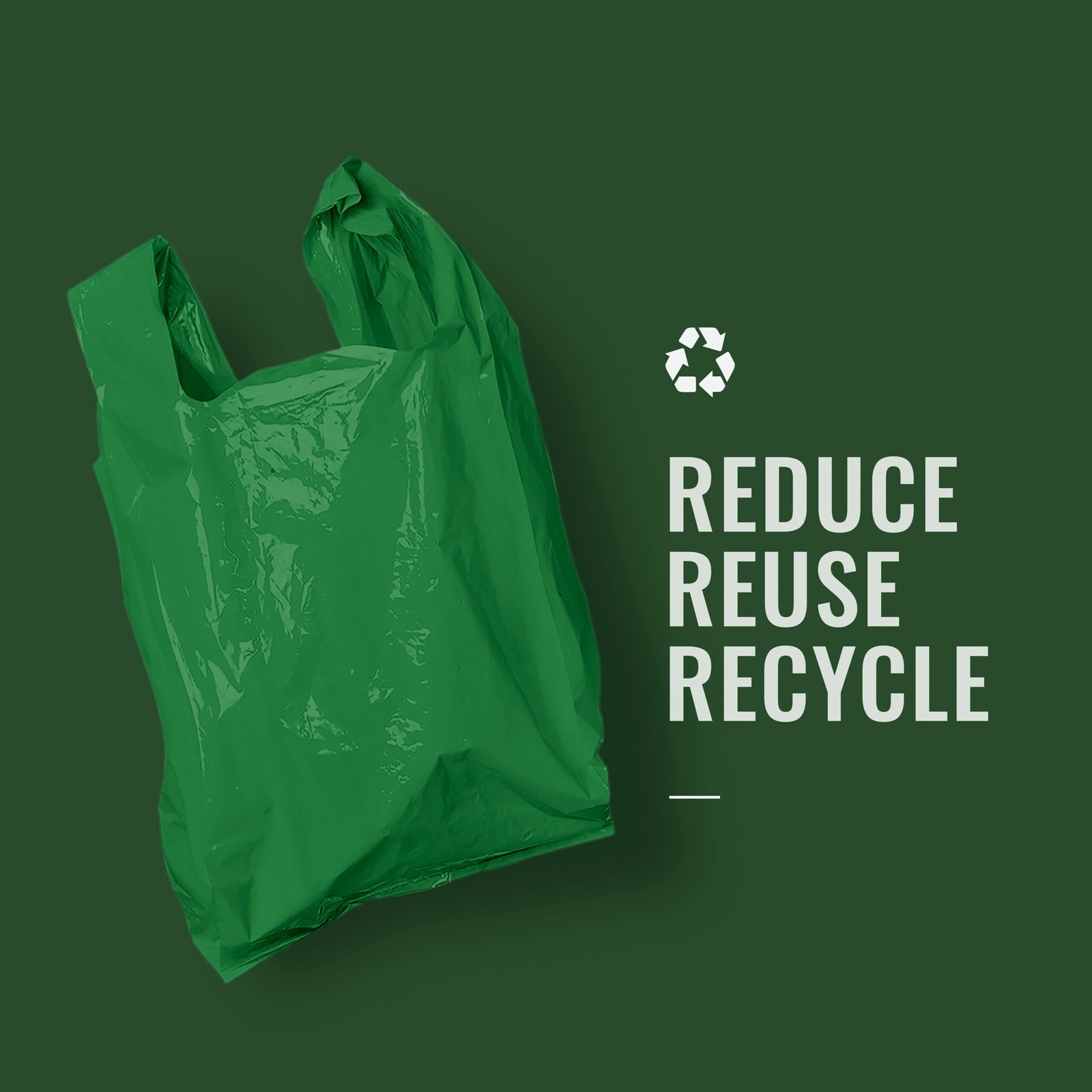Plastic pollution is one of the most pressing environmental issues facing our planet today. Millions of tons of plastic waste clog our landfills, rivers, and oceans every year, causing severe harm to wildlife and ecosystems. Among the many sources of plastic waste, single-use plastic water bottles are a major contributor. The good news is that by switching to eco-friendly water bottles, individuals can make a powerful impact and help reduce plastic pollution on a significant scale.
In this blog, we’ll explore the connection between eco-friendly water bottles and the effort to reduce plastic pollution, highlighting why making the switch matters and how it contributes to a cleaner, healthier environment.
Why Plastic Bottles Are a Problem?
Single-use plastic bottles are convenient but problematic. Most are discarded after just one use, and only a small percentage are recycled properly. The rest end up in landfills or as litter, taking hundreds of years to break down. As they degrade, they release harmful microplastics into the soil and waterways, damaging marine life and entering the food chain.
To effectively reduce plastic pollution, it’s essential to cut down on the demand for single-use plastic bottles, and that’s where eco-friendly water bottles come in.
What Makes Water Bottles Eco-Friendly?
Eco-friendly water bottles are designed to be reusable and made from sustainable, non-toxic materials such as stainless steel, glass, or BPA-free plastic. They are built to last, making them a long-term alternative to disposable bottles.
By choosing these sustainable hydration options, people reduce the number of plastic bottles they consume daily, which helps to reduce plastic pollution by minimizing waste generation at the source.
How Eco-Friendly Water Bottles Help Reduce Plastic Pollution
1. Eliminating Single-Use Plastic
The biggest advantage of using an eco-friendly water bottle is that it eliminates the need for single-use plastic bottles. Each refill is one less plastic bottle in the trash. Over time, this can add up to a massive reduction in plastic waste.
2. Supporting Circular Economy
Many reusable bottles are made from recyclable materials and can be recycled at the end of their lifecycle. This supports the circular economy by keeping materials in use and reducing plastic pollution.
3. Reducing Carbon Footprint
Manufacturing single-use plastic bottles consumes significant fossil fuels and water. By contrast, reusable bottles, when used consistently, lower the overall carbon footprint, contributing to environmental preservation.
Additional Environmental Benefits
- Preventing Microplastic Contamination: Disposable bottles break down into microplastics that pollute water and soil. Reusable bottles help curb this problem.
- Promoting Zero Waste Living: Carrying an eco-friendly water bottle encourages mindful consumption and waste reduction.
- Protecting Wildlife: Less plastic waste means fewer hazards for marine animals and birds often injured or killed by plastic debris.
Popular Materials for Eco-Friendly Water Bottles
- Stainless Steel: Durable, insulated, and recyclable, stainless steel bottles keep drinks hot or cold for hours.
- Glass: Non-toxic and easy to clean, glass bottles are perfect for those avoiding plastic entirely.
- BPA-Free Plastic: Lightweight and affordable, these bottles are safer alternatives to conventional plastics.
How You Can Make a Difference
Switching to an eco-friendly water bottle is a simple lifestyle change that makes a big difference. Here are some practical tips:
- Always carry your reusable bottle with you.
- Use water refill stations when possible.
- Choose bottles that are easy to clean and maintain.
- Encourage friends and family to adopt reusable options.
By adopting these habits, you play a direct role in helping to reduce plastic pollution in your community.
Businesses and Communities Leading the Change
Many businesses and institutions are now promoting reusable bottles to employees and customers. This shift not only helps to reduce plastic pollution but also builds brand awareness and promotes eco-conscious practices.
Schools, offices, and event organizers are installing refill stations and incentivizing reusable bottles, making sustainable hydration accessible to all.
Final Thoughts
Plastic pollution is a complex challenge, but simple actions like switching to an eco-friendly water bottle can have a ripple effect. Each refill and reuse helps to lessen the plastic burden on our planet. When multiplied by millions of people worldwide, this change becomes a powerful force in the movement to reduce plastic pollution.
Choosing eco-friendly water bottles isn’t just a trend—it’s a responsible, sustainable choice that benefits our health, wildlife, and environment. So, why not make the switch today and be part of the solution?


